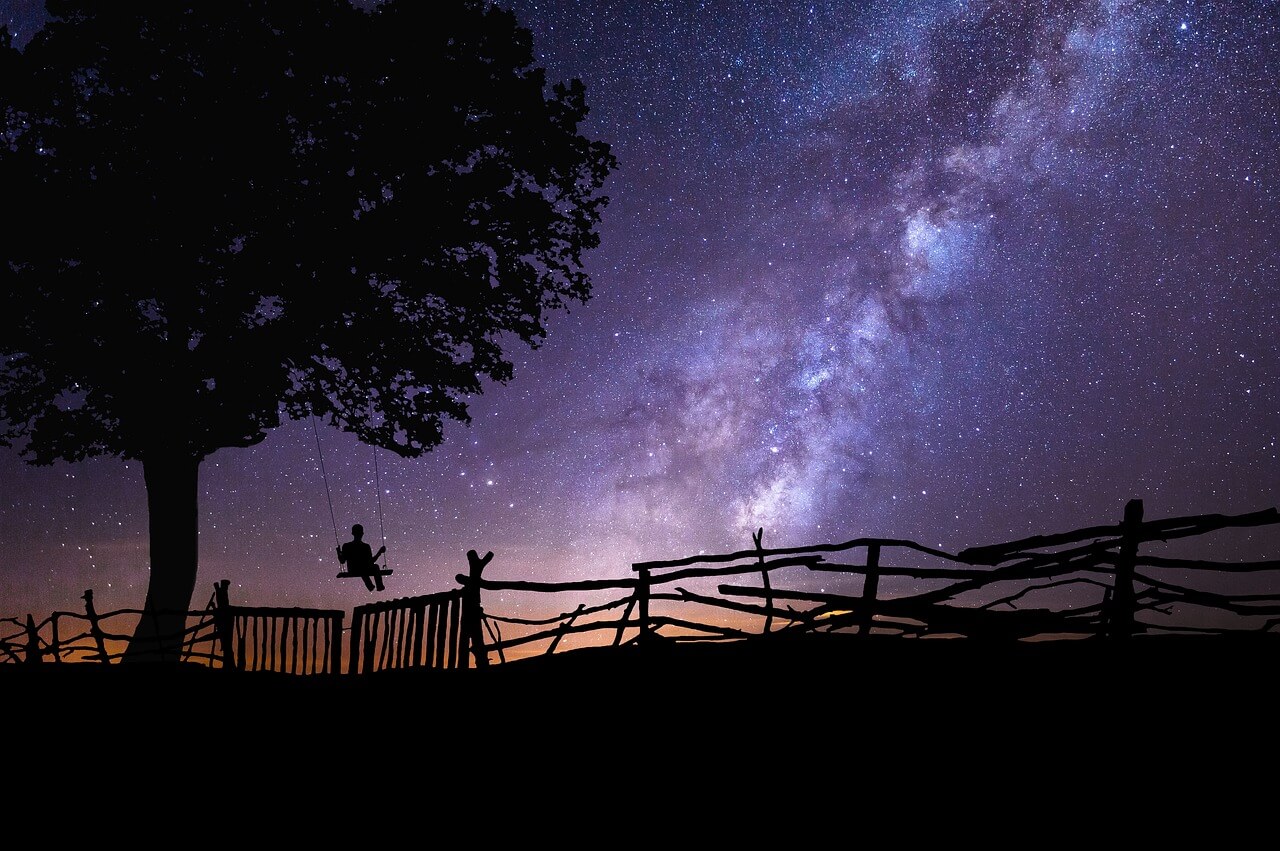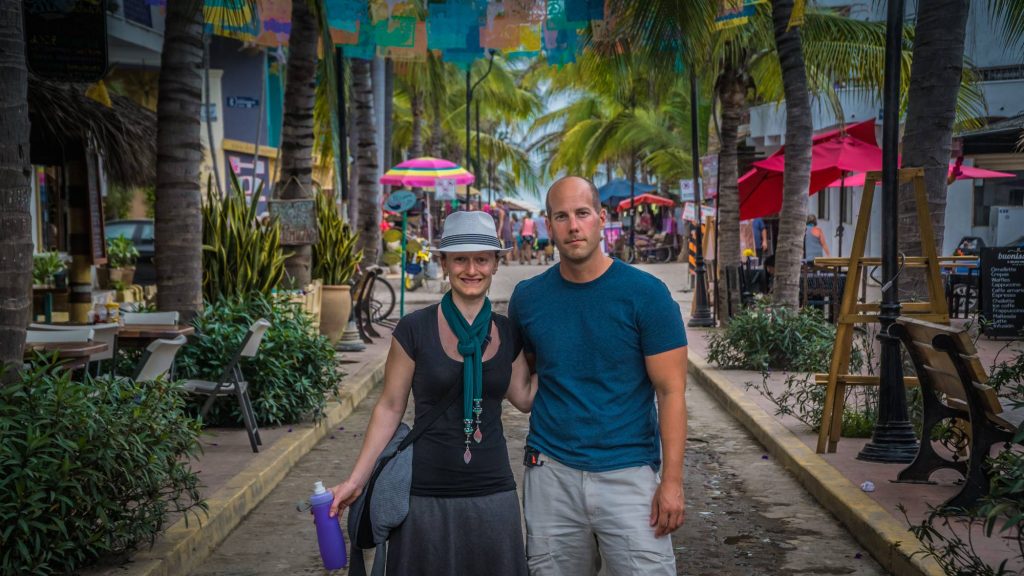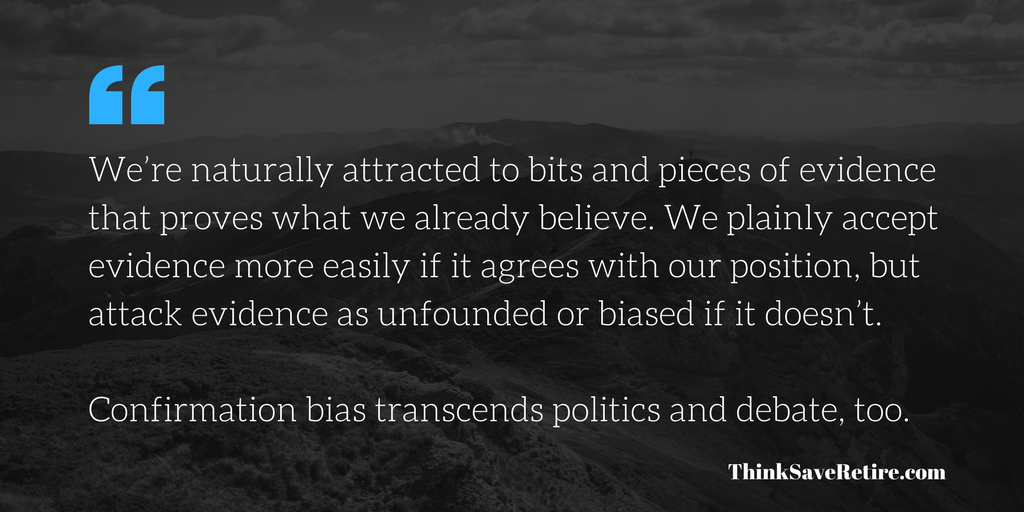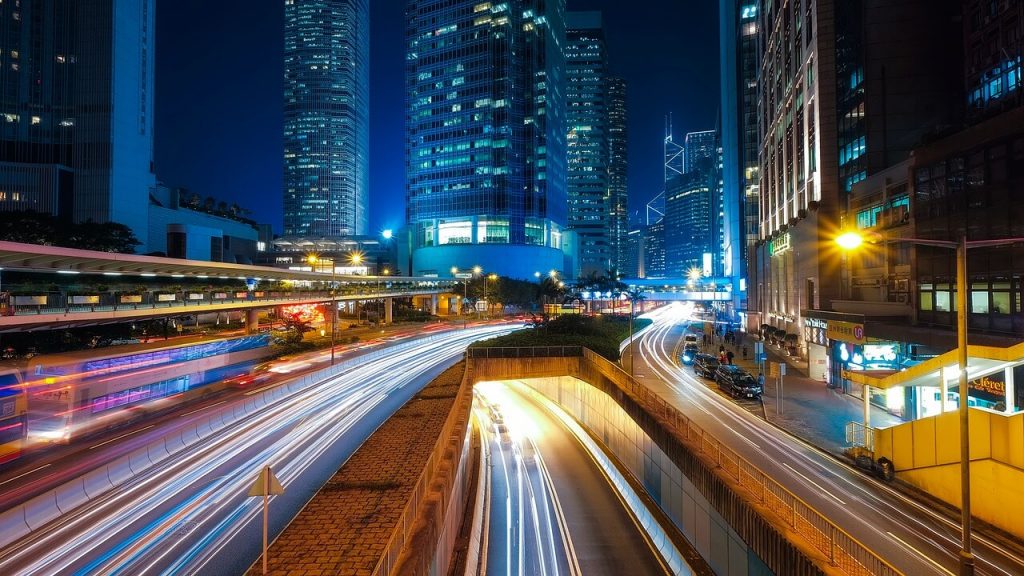The first world according to this middle-aged white guy
I'm firmly planted in the crux of the first world where all my needs are provided and I wake up each morning with a feeling of purpose. No apologies.

I live in a bit of a utopia. I'm firmly planted in the crux of the first world where all my needs are provided and I wake up each and every morning with a feeling of purpose and excitement. It's a great feeling to have, but I also realize that not everyone feels the same ecstasy.
In my 37 (almost 38) years walking among other human beings on this planet, I've come to realize that I don't know very much about "the world". I'm not a world traveler. I haven't witnessed many other cultures doing their thing. The plight of the third world. There's a ton of shit out there that I haven't seen.
And, I may never end up seeing it.
Ultimately, that's okay. We can only see so much. I know that my version of reality is way different from so many others, especially those who don't live in the relatively comfy confines of first world United States or Canada. Or the United Kingdom. Or much of Europe.
Frankly, my ignorance doesn't bother me.
But, it does help me to form my own perspective of the world - the world that I've personally seen and interacted with each and every day. I've seen enough in my corner of civilization to build a solid outline of how this "life" thing works.
At least, life around me.
The world according to a middle-aged white guy

People aren't dumb, but they are distracted
Here's an experiment: Hop in your car and drive for 15 minutes in virtually any medium-to-large city in the United States. Then, I dare you to come away with any other conclusion than people are flat out of their minds. Idiots. Complete imbeciles.
How could anyone possibly drive like THAT and not be the dumbest person on the face of the planet?
I used to think that, too. And sometimes, I still do. But here's the deal: People don't drive like idiots behind the wheel of a car because they actually are idiots. People drive like idiots because they are distracted beyond belief.
They don't take their driving privileges seriously enough. Our society throws driver's licenses at kids when we turn 16 after passing a relatively easy driving test, then call it good for damn near the rest of our lives.
What could possibly go wrong?
Maybe that's why according to estimates, more than 40,000 people died in car accidents in 2017 alone. These don't instantly make national news like mass shootings, but they happen each and every day. And, it's only getting worse.
We aren't dumb, but we are distracted and careless.
We fundamentally place very little inherent value on those around us and hold a dangerously optimistic "view" (or, how about "assumption"?) that nothing will go wrong. Naturally, this is incredibly dangerous when driving a 2,500-pound death machine.
For the record, I'm relentlessly optimistic, but I like to couple that optimism with attention to the world around me.
Also, riding a motorcycle has made me a way better driver.
We are incredibly quick to judge (yes, you too)
Our tendency to judge people after just a couple seconds of interaction is astounding, and we are all guilty. All of us, especially those who claim to be open-minded and completely void of any judgmental bone in their body.
Humans don't work that way. We all judge.
And, we judge based on incredibly small amounts of information. We might witness someone stumble over a curb and immediately assume that person to be clumsy or unfit.
We assume people who are overweight are also inherently unhealthy and those of us who are skinny to be fit-as-a-fiddle, an assumption that is categorically untrue. We make rash assumptions based on very little information every damn day.
And, virtually all of us believe that WE are right. :)
Imagine this...the average life expectancy in the United States is almost 80. In those 80 years, we see and experience a TON. We mentally process volumes of data. We also have good days and bad. Sometimes, we just don't feel right.
We aren't ourselves.
And, we feel qualified to make judgments that shape our perception of people and the way that they live their 80-year life based on two or three SECONDS of interaction. Good days, bad days, doesn't matter. Instant judgment.
Incredible!
Confirmation bias makes our world go round
We're naturally attracted to bits and pieces of evidence that supposedly proves what we already believe (rather than using that evidence as the basis of our beliefs). And yes, that includes you.
Yes, you. Just like the judgment point above, you do this too. You. Me. Everybody. Nobody is immune.
We tend to accept evidence much more easily if it agrees with our position, but attack evidence as unfounded or biased if it doesn't. Confirmation bias transcends politics and debate, too.
"Confirmation bias can also be found in anxious individuals," writes Psychology Today. "For example, a person with low self-esteem is highly sensitive to being ignored by other people, and they constantly monitor for signs that people might not like them.
Thus, if you are worried that someone is annoyed with you, you are biased toward all the negative information about how that person acts toward you. You interpret neutral behavior as indicative of something really negative."
This affects our perspective not just of our immediate society, but of the world. Almost like the Placebo effect, our biases and dispositions hugely influence our impression of the world around us - both positively and negatively!
Worse, we assume these impressions are truth. Not just our perception, but truth. Undeniable truth. Whatever happens to us necessarily happens to everyone. We assume our experience is common among all of us when in reality - it probably isn't.
Which version of the truth do you believe?

We gravitate towards those similar to us
It is natural for us humans to hang around those who are similar to us, but that doesn't necessarily mean we're biased or prejudiced against those who are different. It means we're human, not assholes.
Consider these marriage statistics: As of 2010, 97% of white husbands have white wives. 89% of black husbands have black wives. 91% of Asian husbands have Asian wives. Though whites were the most likely to marry another white person, they were also the most likely to enter into an interracial marriage.
Do these statistics make us racist, biased or prejudiced? Of course not.
The large majority of people naturally gravitate toward those who are most like us, and that's okay. It's human nature. Psychologically, we like things we find to be familiar and there's nothing inherently wrong with that.
We need not chalk up human nature to anything other than what it is. Playing the race or discrimination card doesn't mean it's true.
We aren't "in" traffic; we ARE traffic

We've all been in this situation, haven't we? We're on our way home from work and sitting in our car at a stand-still as traffic piles up. Staring at the ass of the car in front of us. We lament the fact that we're "stuck in traffic", and maybe call home to tell our spouse or kids that we'll be late.
"Traffic's bad," we say.
We aren't 'in' traffic; we ARE traffic.
Most of us would do almost anything to magically transport ourselves into our driveways, instantly. If only there weren't so many damn people in this town. If only we didn't all leave at exactly the same time, I'd get home sooner.
But, here's the thing: We aren't just "stuck in traffic". We ARE the traffic.
The dude behind us might be doing the same thing...and staring at your ass. If only YOU weren't in traffic, they would also get home sooner. And the guy in front of you. And so on.
We like to think that things just happen to us. We're stuck in traffic because there was already traffic. We're waiting a half hour to get through the line at the grocery store. How about waiting for 15 minutes on the phone with tech support for your cable Internet? Yeah, same deal.
We don't just walk into masses of congestion because we're innocent creatures just trying to get our jobs done.
Right?
Actually...we are. We are all trying to get our jobs done, but when we're all doing that at the same time, we aren't just "stuck".
We're a part of it.
It is much easier to critique than to create something that is perfect
Based on our innate ability to form instant judgments, we're also natural critics. We see something and instantly critique it. We might read an article and criticize its word use. Or claim that the color of that car is hideous. "I could have designed a better billboard in my sleep!"
Maybe you could. Then again, maybe you couldn't.
The fact is that a billboard designed by you will be critiqued in the very same fashion. Someone is going to look at your creation and believe you were smokin' something waaaaaaay too strong when you put that together. Or, the color on YOUR car is awful. Or the way YOU speak makes you sound uneducated.
You get the idea.
Criticizing other people is easy. It takes virtually no effort, and sadly, it can also make us feel better about ourselves. We believe that WE are exercising using the "right" form, or using OUR blinker in the proper fashion, or writing with larger and more "intellectual" words than another author, which makes us smarter. Critiques are easy. Compliments are tougher.
Creating something that nobody else will judge? Impossible.
With regard to politics...
I pride myself on keeping politics off of this blog, but I will say this: To a typical politician, there is way more money to be made in prolonging the problem than fixing it.
Quick sound-bite jabs
In general, I believe that:
- Opinions are like assholes...everybody's got one
- Most people are more capable of success than they think
- None of us are inherently better or worse than anyone else
- Hard and smart work is more powerful than life's circumstances
- Absolutes are rarely accurate (ie: "I'll never be able to retire early")
- People don't always do what's in their best interest when emotions rule
- Hate is an easier emotion than love, though love is more powerful than hate
- Politics corrupts